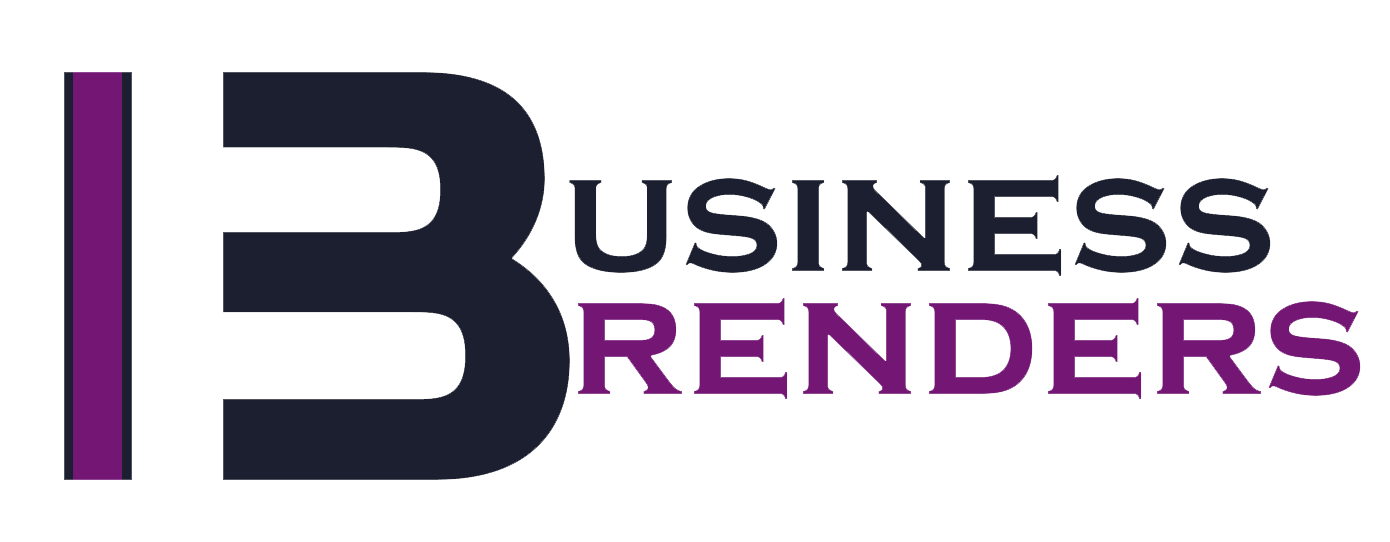Large companies have so much on their plate (and at stake) that they cannot withstand errors. One important section is the human resource department, which is critical due to its payroll, recruitment, and other employee database responsibilities. To assist this team with these responsibilities, HRMS systems are available with automation.
These tools not only streamline their hiring process but also save their time and resources. In this article, we will shed light on why you should need an HRMS system, particularly if you run a large company. You will learn the top 5 reasons to do so and understand the software’s benefits. Moreover, we will explain why relying only on HRMS is not a good idea. So, without further ado, let’s begin!
HRMS: Overview
HRMS is the abbreviation of the Human Resource Management System. It is a software that helps a business’s HR department and automates its various functions. Usually, this software assists a business in multiple tasks, such as:
- Recruiting new employees
- Managing payrolls
- Monitoring employees and their performances
- Scheduling timetables and tasks
The HR management software is available in various forms. You can either download it on-premise or use it as a cloud-based tool. Both types are beneficial in their sector. However, large enterprises usually benefit from on-premise HRMS as it is quicker and more efficient. On the other hand, you can also use the cloud-based HRMS to test the waters and later convert the on-premise version.
How HRMS Works?
An HRMS supports the company’s HR department in multiple ways. The tool monitors and analyses various metrics to give insightful reports on the employees’ performances. On the other hand, it checks the new applicants and filters which candidate is fit for the position. Some HRMS are coming with integrated AI for further assistance, precise results, and higher personalization.
HRMS systems work by automating and streamlining many tasks, for example, storing and managing employee data in a centralized database. You can even integrate an HRMS system with other business systems, such as ERP and CRM tools. This integration can help to further streamline HR processes and improve communication between different departments.
If you own a large business, you also have another option. Instead of integrating software (which will be highly cost-effective), you can hire a human resource company with experts and professionals. These companies are not only a better option than software but also help you in many ways that a tool cannot. You can find the best team for your business from our list of top human resource companies.
Top 5 Reasons that Large Companies Need HRMS
The working mechanism of large businesses is more complex than medium- or small-scale companies. They need advanced solutions and more sophisticated tools to maintain large databases or operate at their scale. HRMS serves this purpose by addressing the HR team’s problems and helping with their tasks. Let’s explore the top 5 reasons why they need HRMS for their human resource department.
1. Improves Productivity
First, HRMS can significantly increase the productivity of your employees, managers, and human resource department. It automates and streamlines various processes, reducing the time and effort required for administrative tasks. In this way, they all can focus on more strategic activities, such as developing the right talent and workforce planning.
On the other hand, the tool increases an employee’s self-service capabilities. For instance, they may run to the HR department whenever they want time off, update personal details, access information, or perform other tasks. However, the software can provide them with all the essential details or access, which lowers the HR team’s hassle.
2. Reduce Human Failure
To err is human. But it is rare for a software or machine. In large companies, the mistake chances are higher, as the teams have to work on several projects or large databases. So, with an HRMS system, they can easily reduce mistakes and failure chances. It centralizes employee information and automates data entry processes, which lowers payroll mistakes, compliance issues, and miscommunication.
HRMS can also automate routine HR processes, which lifts a huge burden from the HR team. On the one hand, you can rely that your routine data entry and task handling will be complete without errors. On the other hand, you don’t need to employ extra members for this routine task.
3. Saves Time
In big companies, time is the real money. So, anything that saves their time for other operations is a huge win. HRMS systems serve the same purpose by automating several tasks and taking on multiple responsibilities.
For example, tracking employees’ attendance takes a lot of time if done manually. HRMS smoothens the process with instant attendance calls. On the other hand, an employee can submit their leave application online rather than handing it over, saving time.
Another great example is the payroll distributions. The HR software can automatically calculate the payroll, tax deductions, payment method, and any fines or arrears. Hence, it saves valuable time and reduces paperwork.
4. Enhance Security
With the HRMS system, you can allow employees and managers role-based access control. In this way, employees and managers can only access the HR data and functions necessary for their roles. So, the tool can prevent unauthorized access and data breaches. These days, some HRM tools include data encryption, which adds another security layer.
Usually, these tools have several security measures and firewalls, such as multi-factor authentication (MFA). Moreover, it maintains detailed audit trails and further records changes and activities in the system. So you can check who logged in or accessed which system and when. It can help you to identify and investigate security breaches or policy violations easily.
5. Assists the HR Department in Multiple Ways
Besides the above tasks, processes, and responsibilities, HRMS can serve a company’s HR team in several other ways. Some of them are listed below:
- Employee Data Management: HRMS centralizes the employee data, which helps the team to access and keep it up-to-date easily. Hence, they can streamline administrative tasks, reduce data errors, and quickly retrieve employee information.
- Onboarding & Offboarding: The software facilitates the recruiter’s onboarding by automating new hire paperwork and orientation tasks. Additionally, it ensures the smooth offboarding of a resigning or retiring worker by tracking their departures and related tasks.
- Performance Management: These tools also have features that assist in setting performance goals, conducting appraisals, and tracking employee performance over time. It helps in identifying top performers and rewarding them accordingly. Moreover, companies can learn about their improvement areas.
- Training & Development: HR teams can also use HRMS to track employee training and development, schedule sessions, and monitor progress. They can ensure each employee receives the necessary skills and knowledge for their roles.
Benefits of Having an HRMS
While large companies can severely benefit from HRMS, the system can help any business of any scale. Below are a few benefits of having HR management software overall. So, even if you are a small-scale team, you can get the same advantages from the tool.
1. A Centralized Database Storage
HRMS can easily store all employees’ data in one place. It makes it easy for the HR department, managers, and C-Suit members to access and update their data. And since this data is mostly cloud-based, they can access it from anywhere. So, it saves a significant amount of time and effort, as they don’t have to search through large databases and multiple files.
It also serves other benefits, such as lower data duplication and outdated entries. Since all the data will be stored in one place, the team can update it regularly and know which data is already entered and which is not.
But that’s not all. It also assists large businesses in improving compliance with labor laws and regulations. The HR staff can easily generate employee reports, including their working hours, wages, enrollment, and others. Hence, the company can comply with all the applicable laws and provide transparent reports.
2. Cost-Cutting Advancement
HRMS system provides diversified cost-cutting solutions to the human resource sector’s needs. As mentioned earlier, it can automate manual data entry, like updating employee records, processing payroll, or generating reports. In this way, the team uses fewer company resources, reducing costs and manpower. They can also brainstorm on other important aspects and strategies rather than wasting time on routine tasks.
HRMS streamlines processes like recruiting, onboarding, performance management, and benefits administration. Hence, it helps large enterprises comply with regulations and laws, saving fines and penalties. By the way, you can save your company’s resources and money in many other ways too. Learn the top financial management tips from our experts to address your financial challenges and improve your company’s cash flow.
3. Automation
The most obvious HRMS advantage is automation, which can benefit your company in several ways. It automates recruiting by posting job openings, screening resumes, and scheduling interviews. In this way, the system improves hiring quality and helps the HR staff recruit the right talent for a position. It further facilitates by providing candidates’ qualification insights for precise selection.
But not only hiring, it also automates the onboarding with paperwork and training. With effective employee training, you can increase their retention and adapt them according to the company’s working environment.
After recruiting and onboarding, HRMS can also automate performance management with reviews and goal setting. Since some tools can provide employees with neutral feedback, they can easily develop their skills and improve their performance.
Don’t Overestimate HRMS
While HRMS systems can be very beneficial, it is important to remember that you cannot completely rely on the tools. They are not a replacement for an HR team, and you will always require a human department since the software cannot decide how a human does.
You can designate an HRMS system to automate specific HR tasks, such as payroll, hiring, administration, and performance management. However, it can never address all HR work, such as employee relations, culture development, and strategic planning.
On the other hand, these systems can be complex and challenging to implement. Although these are powerful tools, they can also be hard to implement and maintain. The complication increases if you want to integrate it into a large company.
Lastly, they cannot think critically or make decisions. HRMS systems can automate tasks and provide insights into data, but they cannot behave like a human brain. This is why it is important to have an HR team in place to provide guidance and support. And after all, you will always need an HR team for strategies and talking opinions.
Conclusion
Large businesses need special assistance in recruitment, payrolls, onboarding, offboarding, and other tasks. Since they operate on such a tremendous scale, the chances for errors are significantly higher. The HRMS can resolve many issues in this perspective with its automation and higher precision.
If you run a large enterprise, you cannot stay ahead in the game without these tools. The software not only helps the HR team in managing employees but also plays a crucial role in their performance. So, with several HRMS systems available in the market, pick one and keep your game competitive with others.

